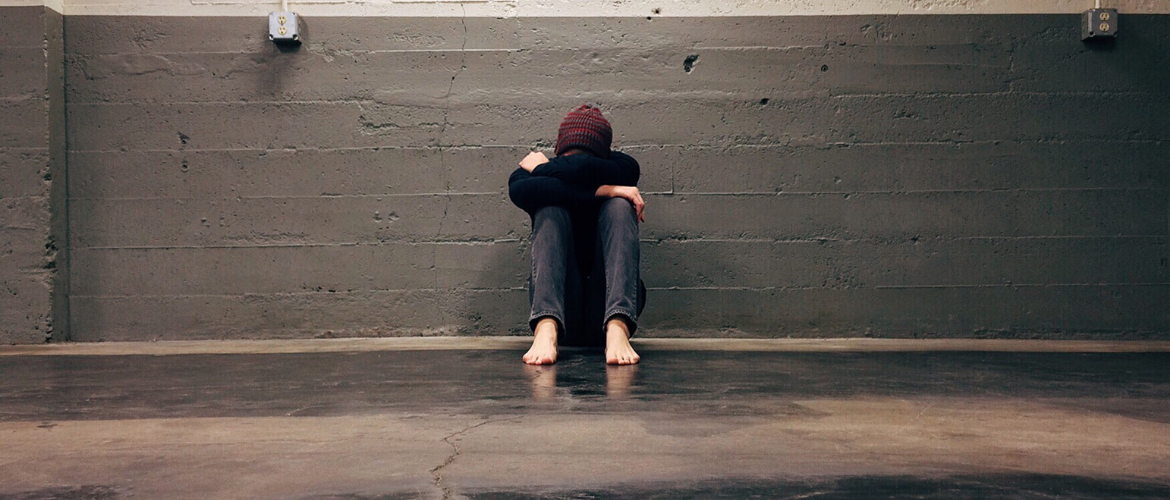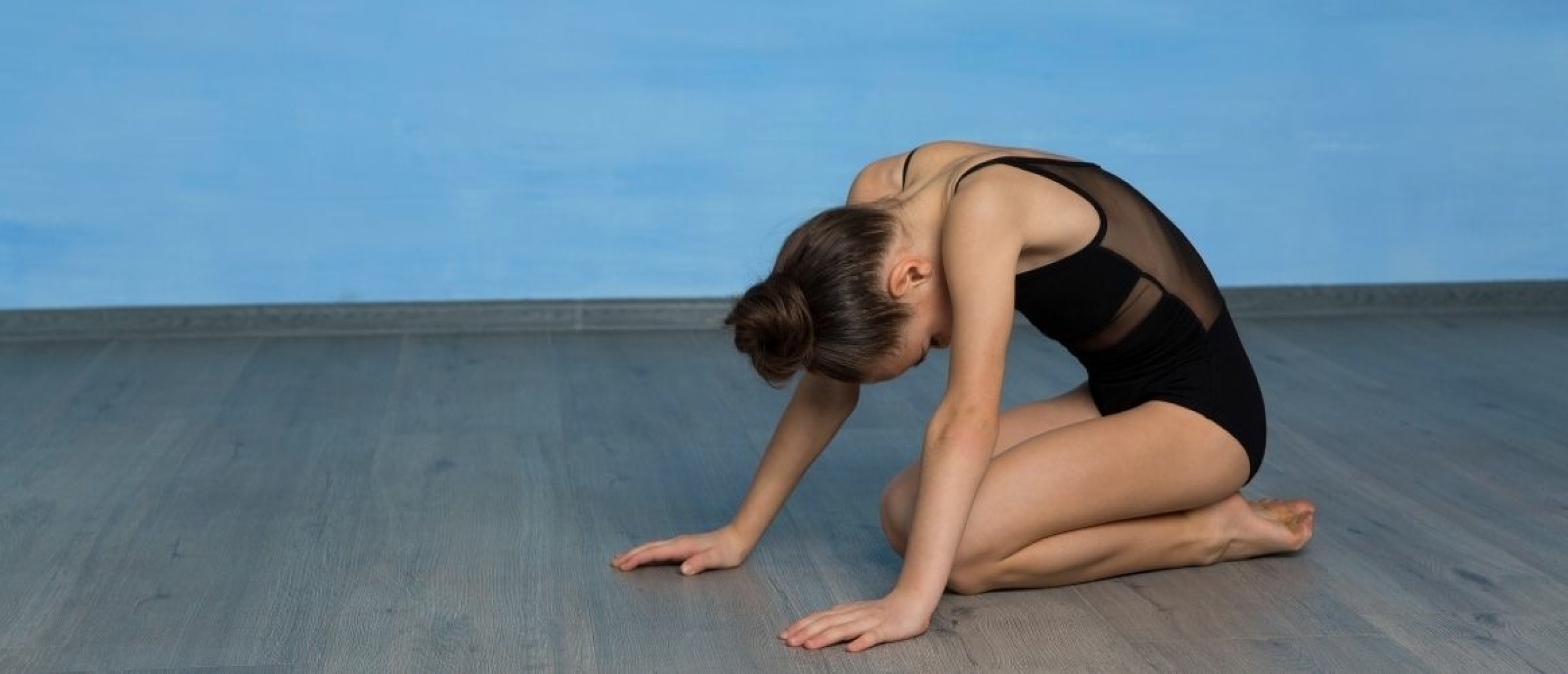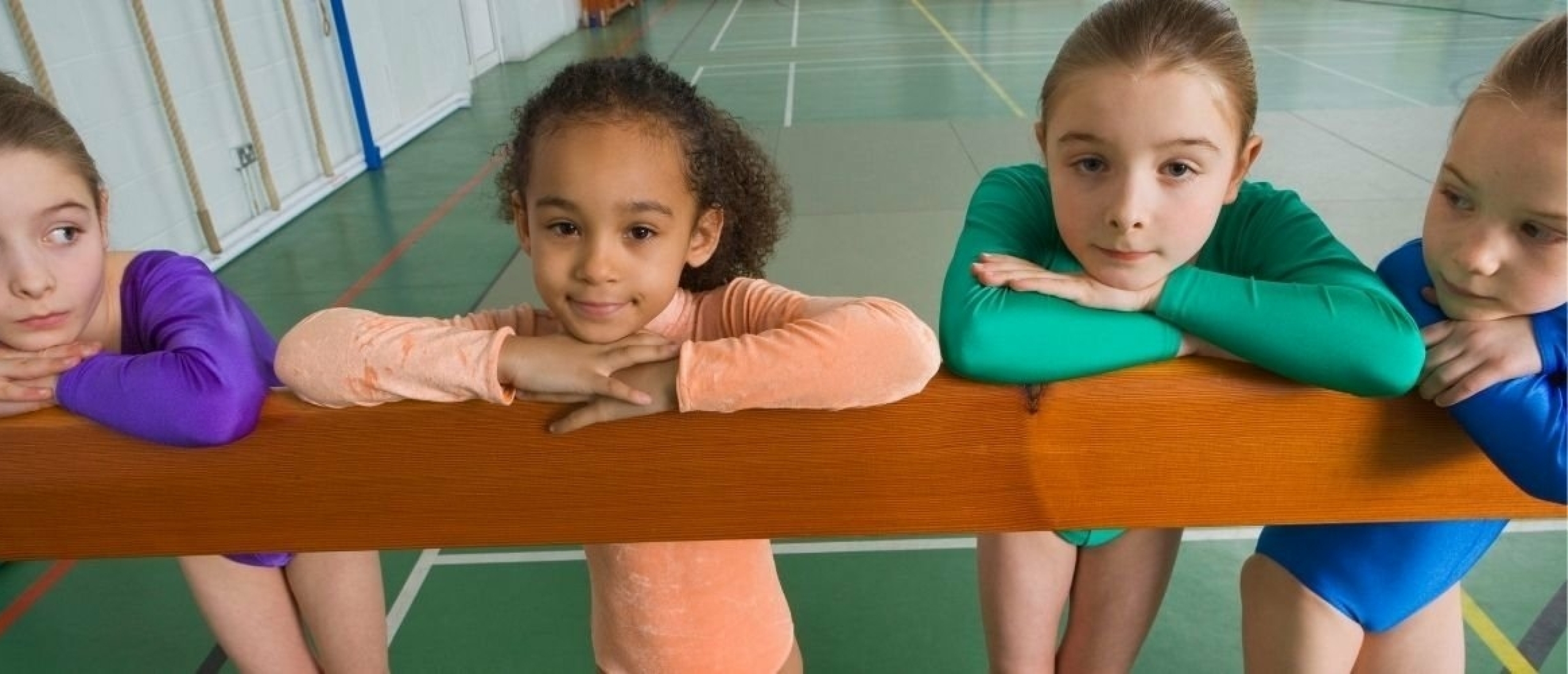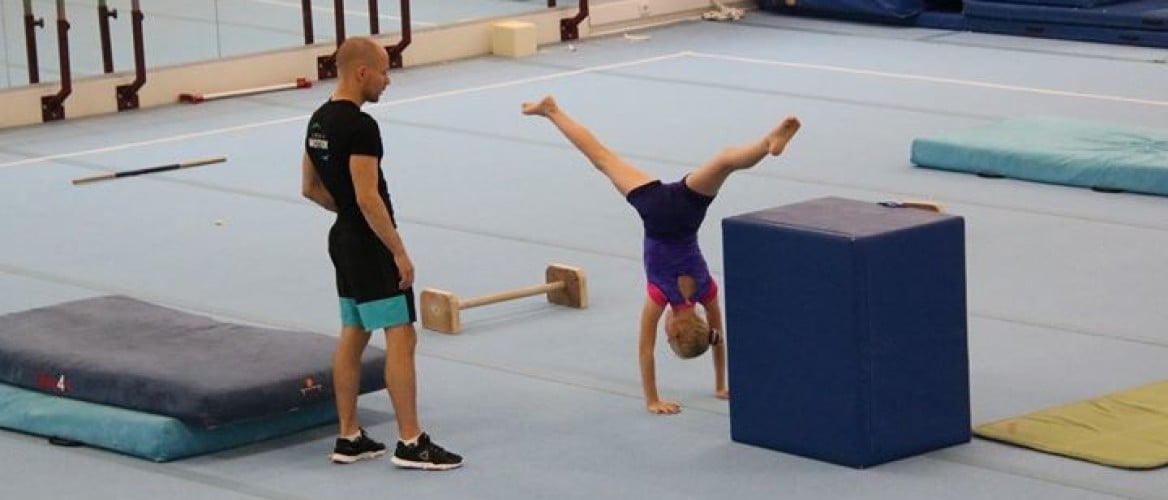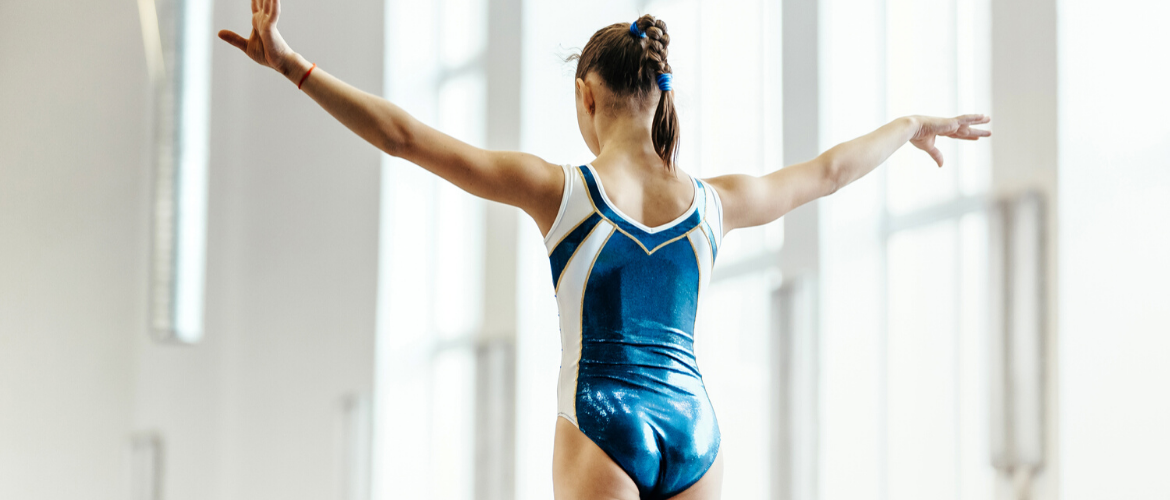Fear of failure is very common in gymnastics. After judging Emma’s handstand on beam, the judge tells Emma that mistakes like bended legs, a wobble, an arched back all cost her eight-tenths of a point for that skill. Emma has worked really hard to perfect her handstand but she still gets a whole list of points that will be deducted for this skill. Emma’s thoughts: “I’m such a failure. I cannot even do a simple skill”.
In general, I believe that gymnastics attracts a certain type of person. The one that is very hard on herself; the perfectionist. Perfectionists experience mistakes as failing. In my gymnastics class, I have often dealt with gymnasts who experienced fear of failure. I’m also familiar with it myself. When gymnasts with fear of failure don’t perform as they would like, things went from bad to worse with crying as a result being no exception.
What causes it?
Fear of failure can be genetically determined or caused by environmental factors. You can, for instance, have the natural ability to think in black and white. You are doing something right or wrong but there’s no grey zone in between. If the skill isn’t going completely right, it is often seen as a “mistake”.
Environmental factors can contribute to the development of fear of failure. If you’ve encountered parents or important persons in your youth that set high standards for you, you’re more likely to experience the same pattern later. You’ll have a natural conviction that you always have to reach for the stars. The high standard is often unrealistically high and brings a lot of pressure with it. You cannot allow yourself any mistakes to deal with this pressure and mistakes are often seen as failures. Fear of failure is the result.
Example
Lauren’s parents notice she has a talent for gymnastics. After 6 months, her coach has her join the elite group. Lauren’s parents hope that she can do gymnastics at an even higher level. They make sure everything is in order to get her a golden medal (high demand). She has to go to bed early, eat healthy food and is pushed to keep up her strength and flexibility in her free time. If she doesn’t, she will fail (black-and-white thinking). If she cannot deliver, her parents show her their disappointment.
When Lauren is older, she can make decisions for herself. She would eventually like to participate in a National or World Championship (unrealistic demand). And practices extremely hard for it. She trains four times a week. She’s working on a somersault on beam right now to meet all the skill requirements. After two months of training, the skill is still not in her system. She gets very upset and frustrated by this. Lauren cries every practice and tends to even stop training because “it will never work” (black-and-white thinking). She’s stuck in her fixed mindset: she cannot do the somersault and doesn’t progress either. The thought that her parents as well as herself are extremely disappointed in her makes her frightened.
How do you recognize fear of failure in a gymnast?
Fear of failure can be recognized by certain thoughts, behaviour and feelings. The thoughts are often negative and very critical. In the table below, I’ve mentioned a couple of examples. You can imagine when someone tells himself “you are a failure” that this can bring someone lots of insecurity and sadness. These feelings of sadness and insecurity can cause a gymnast to lose her motivation or even avoid certain skills. Be aware of the signs that a gymnast gives by the things she says or does.
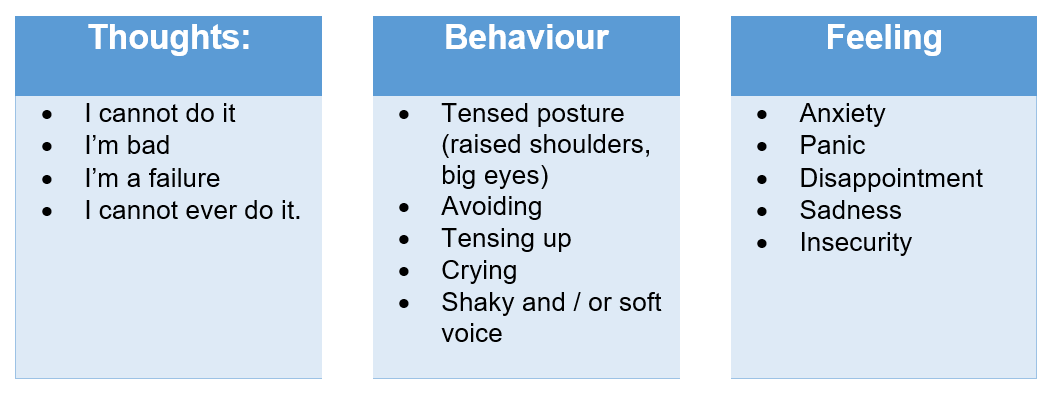
What are the effects of fear of failure?
In gymnastics, judges judge a routine or skill based on what goes wrong. Mistakes are counted for every skill and finally a score is presented for how “well” the routine went in comparison to other gymnasts. It’s a skill in itself to only focus on the mistakes and shortcomings of, for example, your competition routines. The emotional baggage that a gymnast experiences in making these mistakes can impact, amongst others, her self-confidence immensely. The extent to which this influences a gymnast’s self-confidence depends on anxiety, (intrinsic) motivation and concentration which all three influence the final performance.
Take Emma’s example: she thinks she’s “a failure”. She will undoubtedly feel very sad. Her fear for another failure will increase, her motivation to keep practicing the handstand will decrease and during her practice her concentration will be interrupted by thoughts like “you can’t do it anyway” or “my coach will point out my ugly bended legs again”.
How do you deal with fear of failure as a coach?
Below, you’ll find some tips to deal with different aspects and impacts of fear of failure:
- Don’t focus too much on the result but more on the process. All small successful experiences count. For example, have a gymnast mention or write down a victory moment every practice.
- “Making mistakes is a must”. You can learn from your mistakes and making mistakes is not a bad thing. Learn from them and deal with them. It’s part of the learning process to finally reach your goal.
- Correct stern phrases that a gymnast tells herself. Maybe you are one of those “important persons” in her life that are part of her upbringing. This will help a gymnast later. Teach a gymnast to talk to herself with compassion instead of being so hard on herself. “You cannot do it yet” sounds a lot nicer than “you cannot ever do it and you are a failure”.
- Be aware of the gymnast’s expectations and adjust them if necessary. When a gymnast sets herself the high demand to ever reach a World Championship while that’s not an option, she will experience a lot of pressure unnecessarily.
- Try to have a gymnast think more “greyly”: something is not always only “good” or “bad”. When a cartwheel is made with bended legs instead of bended legs and toes, it’s not still “bad”.
More tips
- What causes the harshness and fear for making mistakes? Are parents the cause or part of the problem? Fix the cause! Talk to these persons for example.
- Watch your words. “That front handspring wasn’t good. Before you can get changed, I want to see a good one”. This way, a gymnast experiences that making mistakes has consequences. How you bring your “tips” can also influence the experience and interpretation of mistakes.
So, fear of failure is a challenge for gymnasts as well as coaches. Notice the signs and see how you can deal with them. Be aware of your role as coach, especially with young kids. You contribute more to their upbringing then you know! Hopefully, abovementioned tips can be applied in your gymnastics classes.
Can you use more coachingtips? Then take a look at our Gymnastics Tools Platform for gymnastics coaches.

